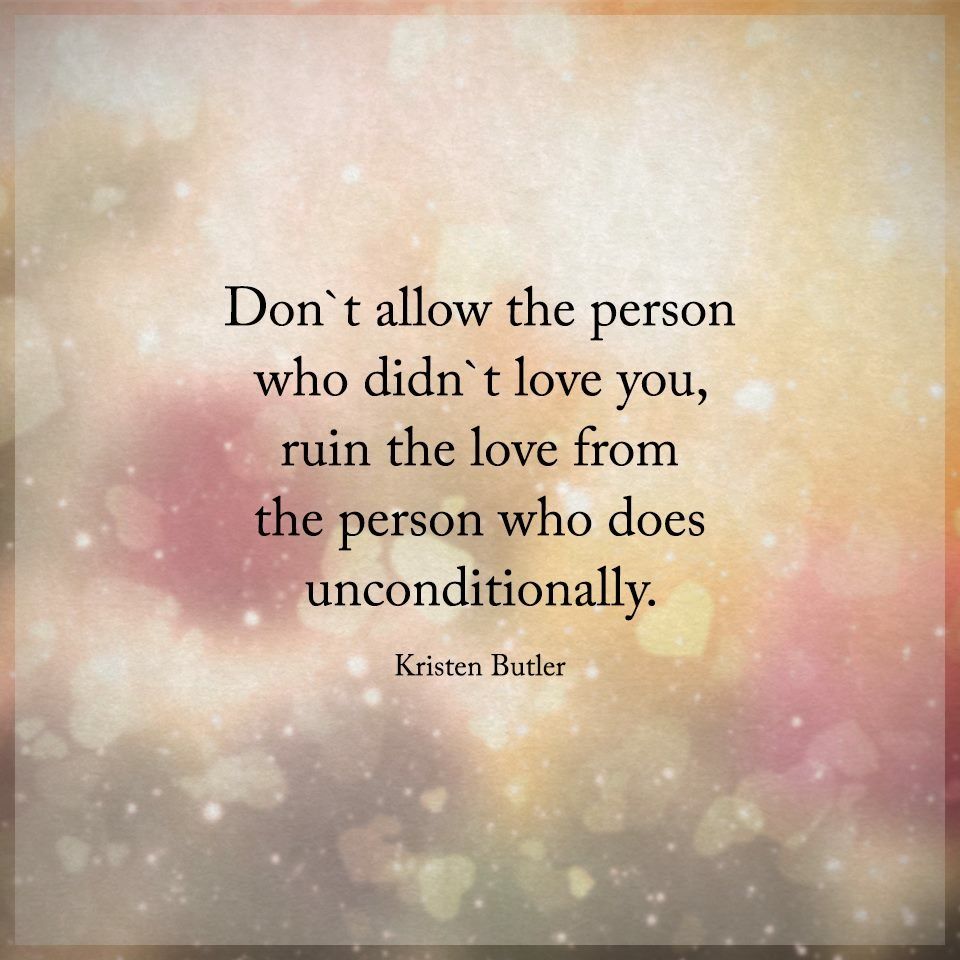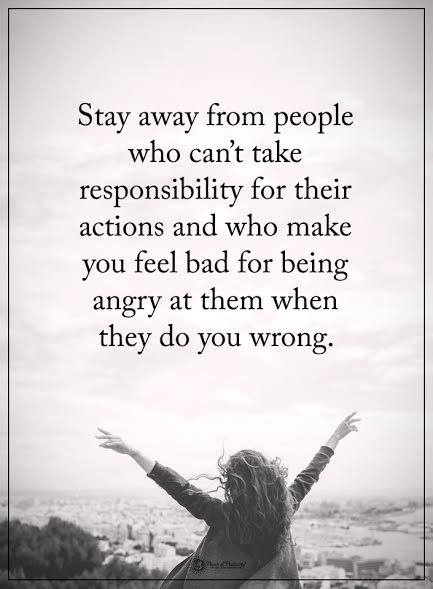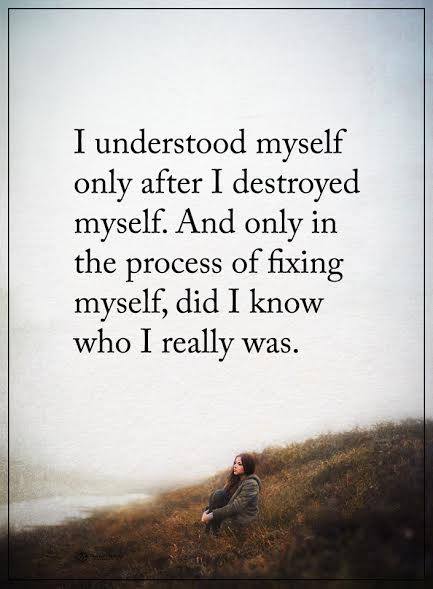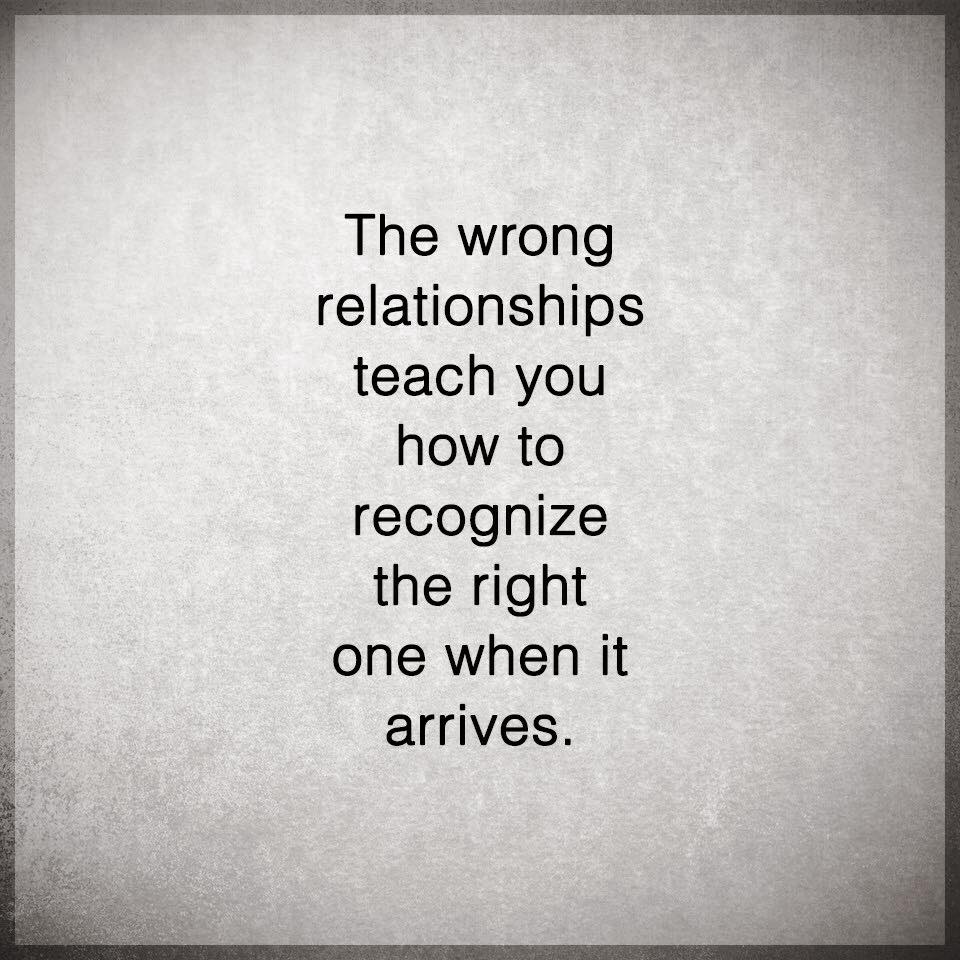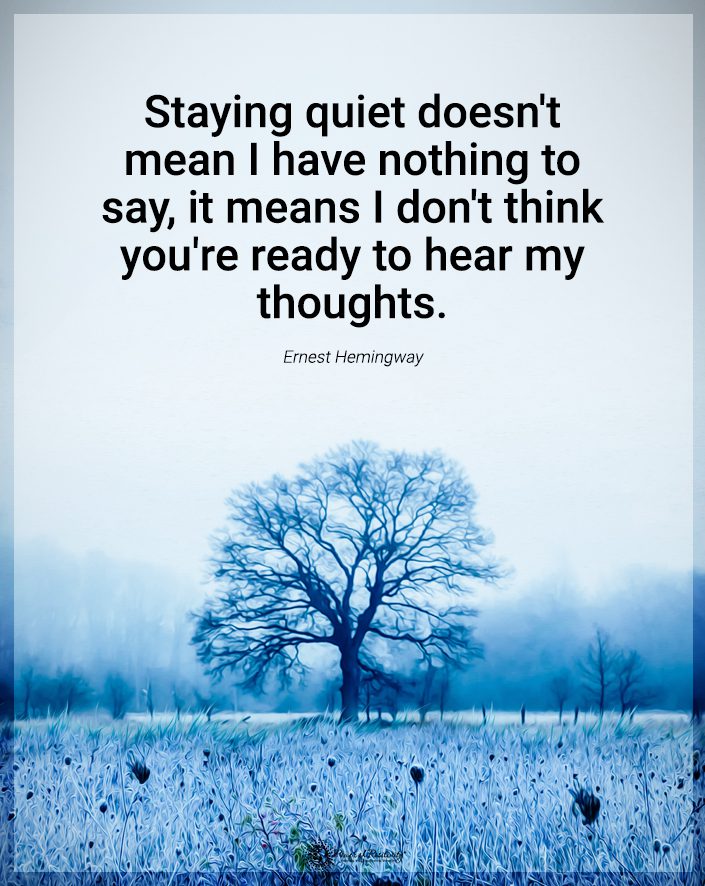Regarding relationships, we’ve all been hurt at some point. And that can cause a guarded heart. It’s likely, knowingly or unknowingly, that your actions have resulted in someone else’s pain. When it comes to dating and relationships, most of us don’t point fingers and curse the world – it’s simply part of the “process” of finding a life partner.
Then, there are those “other cases.”
Some folks find it easy to dust themselves off and move on, and some don’t. Those in the latter group have often experienced hurt – in some form – at the hands of someone who promised the world only to deliver nothing.
As such, the main difference between those who “dust off and carry on,” and those who guard themselves comes down to trust. The ability to trust someone else and confidence in their self-trust.
Here is an analogy. If your computer was hacked, what would you do? You’d install a more robust security system. In the same (albeit more humanistic) way, those whose trust has been violated secure and safeguard their emotions. Similarly, someone whose trust has been abused instinctively begins to fortify a defensive position. Eventually, the person will slowly let their guard down. But while their “security system” has been downgraded, their defensive mechanisms remain on alert (a byproduct of evolution, by the way.)
Still, many will find a person to believe in despite their understandable reservations. But two parts do not make a whole. That other “someone” must often contend with the remnants of the guarded person’s past. Whether or not such contention is acceptable is up to the individual. However, if you genuinely love the person, you will – at the very least – try and find a way to make the relationship work.
6 Signs of Someone With a Guarded Heart
What are the signs that reveal a person with their guard up?
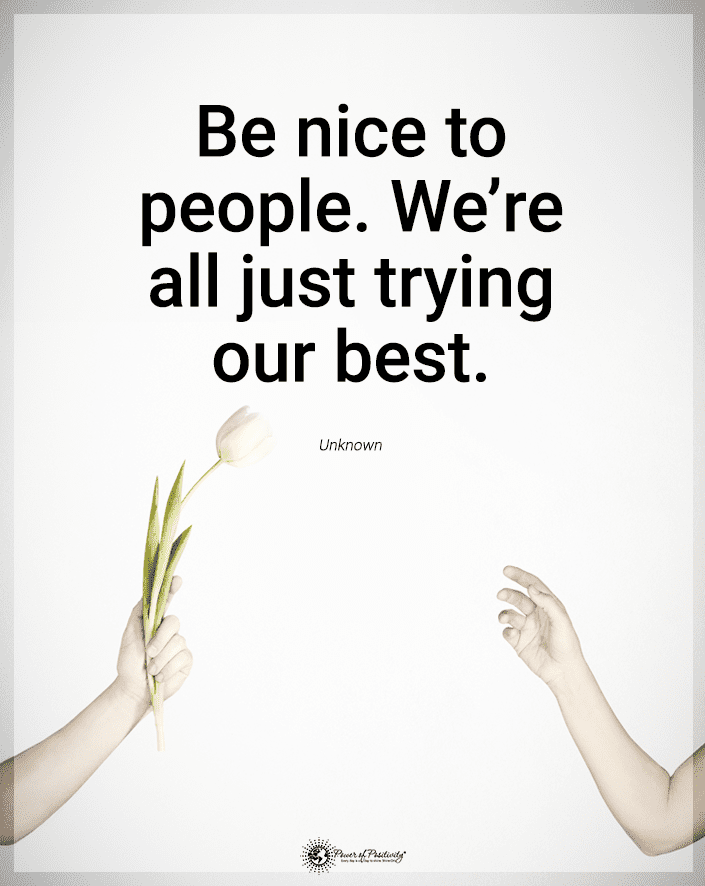
1. Emotional Detachment
Individuals with guarded hearts often exhibit emotional detachment. They may have difficulty expressing their feelings or connecting deeply with others. They tend to keep their emotions to themselves and may appear aloof or distant.
2. Fear of Vulnerability
A guarded heart often stems from a fear of vulnerability. People who have experienced past emotional pain or trauma may build walls to protect themselves from getting hurt again. They may find it challenging to trust others and open up emotionally.
3. Defensive Behavior
Individuals with guarded hearts tend to exhibit defensive behavior. They may react strongly to perceived threats or criticism, even unintentionally. They may become guarded and defensive when others try to get close to them or ask probing questions about their emotions.
4. Reluctance to Share Personal Information
Someone with a guarded heart may be hesitant to share personal information. They may keep their past experiences, thoughts, and feelings private, limiting the depth of their relationships. This guardedness can make it challenging for others to understand them truly.
5. Difficulty in Trusting Others
Trust is vital to any relationship, but individuals with guarded hearts find it difficult to trust others fully. They may have been betrayed or hurt in the past, making them skeptical of other people’s intentions. They may require significant time and consistent actions to develop trust in someone.
6. Fear of Intimacy
Intimacy involves emotional closeness and vulnerability. Someone with a guarded heart may struggle with fear of intimacy. They may avoid deep emotional connections and prefer to keep relationships on a superficial level. This fear can hinder the development of intimate and fulfilling relationships.
How to Love Your Partner When They Have A Guarded Heart
This brings us to the central meaning of this article: how to love someone with a guarded heart. Here are the main points that someone in this situation must understand.
“Don’t ever miss out on a woman with a guarded heart. She’s usually protecting the deepest most caring soul you’ll ever know.” -Sylvester McNutt
1. Loving a person with a guarded heart will not be easy
When the person you care for has been emotionally and/or physically abused, it’s essential to have appropriate expectations. Should the courtship last two or three dates, it’s probable that his or her past will reveal itself.
If necessary, research the psychological impacts of abuse and its intelligent impact on the person subject to it. Equipped with this knowledge, you’ve already conquered half of the battle.
2. Words are inconsequential
Someone whose heart is guarded has heard the “sweet talk” before. Ask anyone that has been in a relationship with a narcissist or sociopath. Words are almost meaningless.
Does this mean you should censor every word uttered? NO! But you should consider whether or not such words are spoken with sincerity and truth.
3. Actions are everything
Ralph Waldo Emerson once wrote:
“Don’t say things. What you are stands over you the while, and thunders so that I cannot heart what you say to the contrary.” (This is Emerson’s original quote, which is now promulgated as “Your actions speak so loudly, I cannot hear what you say,” or some other variant.)
Digression aside, how you choose to act overwhelmingly triumphs over any words you speak. Act like a man. Act like a woman. If you love someone with a guarded heart, demonstrate your love through your actions.
Speak from the heart. Any other words should be considered meaningless.
4. Don’t give up on your winning your beloved’s guarded heart
Someone with a guarded heart expects another to give up on them. Such is the insidious result of abandonment, abuse, and neglect. If you truly (truly) love the person, you must find the wherewithal to see things through.
For others, it’s essential to be realistic about the nature of your relationship (e.g., you’re not in love, or the situation is too stressful.) Numerous unforeseen challenges will test your determination, patience, and, yes, your love.
Should you feel guilty about exiting such a relationship? Absolutely not. To love someone with a guarded heart can be overwhelming. Just do not contribute to their pain. Be caring, honest, empathetic, and straightforward.
Tell them you care about them – and that they’re worthy of the best life offers.
5. Be honest
Upon uncovering that the person you care for has a guarded heart, honesty in everything you do is the most responsible and noble act. No white lies. No “sleight of hand.”
This applies to situations when you think what you say may hurt them. Hiding or manipulating the truth is worse than being honest, even if said honesty results in someone you love experiencing hurt.
In a way, this “hurtful honesty” will help to lower the barriers around the person’s heart. They may experience a mourning period before the nobility of your actions is realized – but you did the right thing.
And doing the right thing for someone subject to emotional trauma will, sooner or later, reinforce their faith in humanity.
Final Thoughts on Loving a Person With a Guarded Heart
It’s important to remember that people with guarded hearts may have valid reasons for their behavior. Patience, understanding, and open communication can help create an environment where they feel safe to gradually let their guard down and develop more meaningful connections with others.



